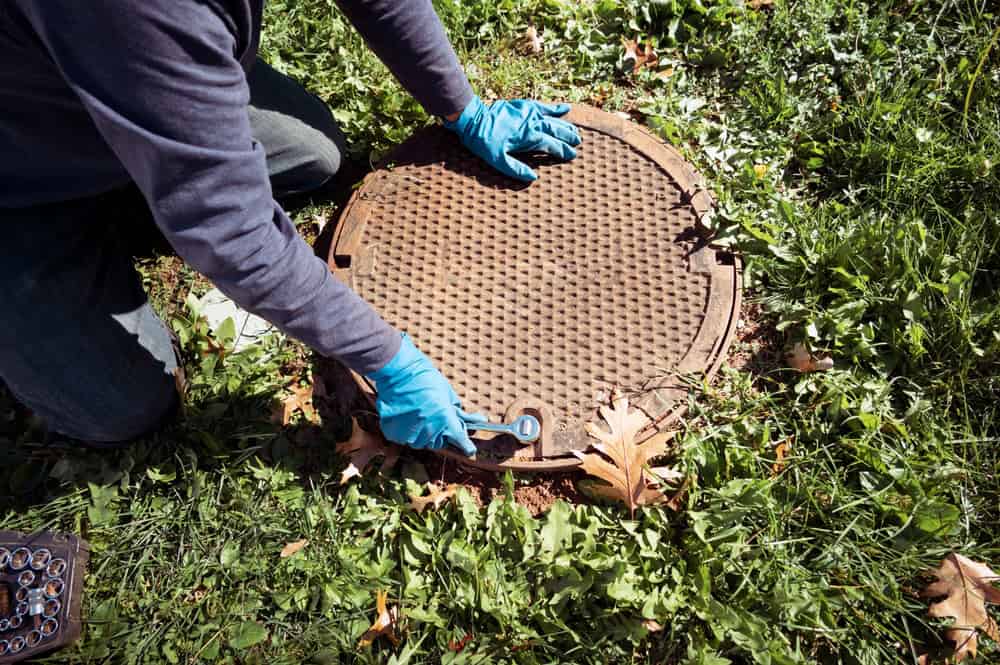Professional septic tank pumping that prevents backups, eliminates odors, and keeps your property safe and compliant.
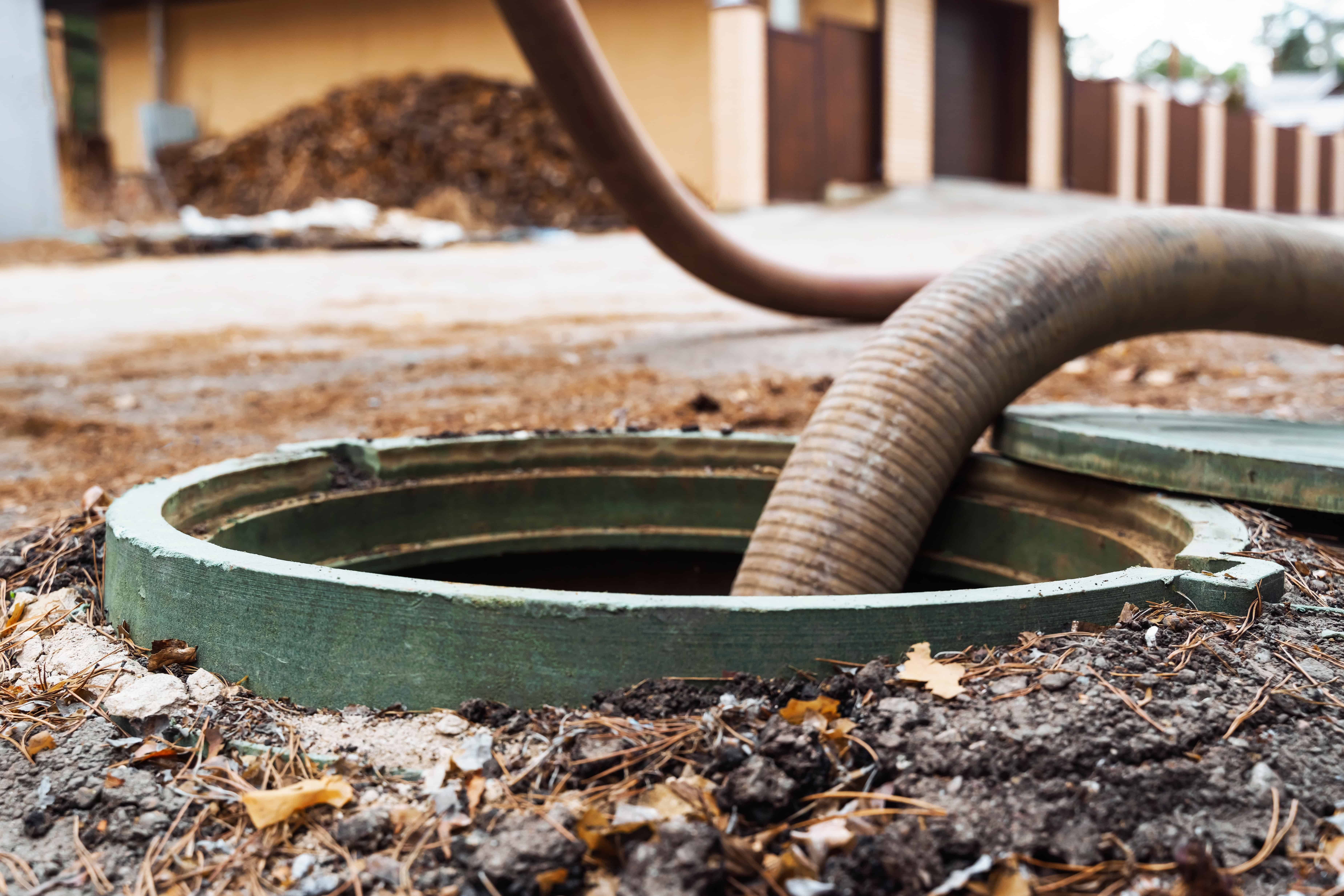
Hear from Our Customers
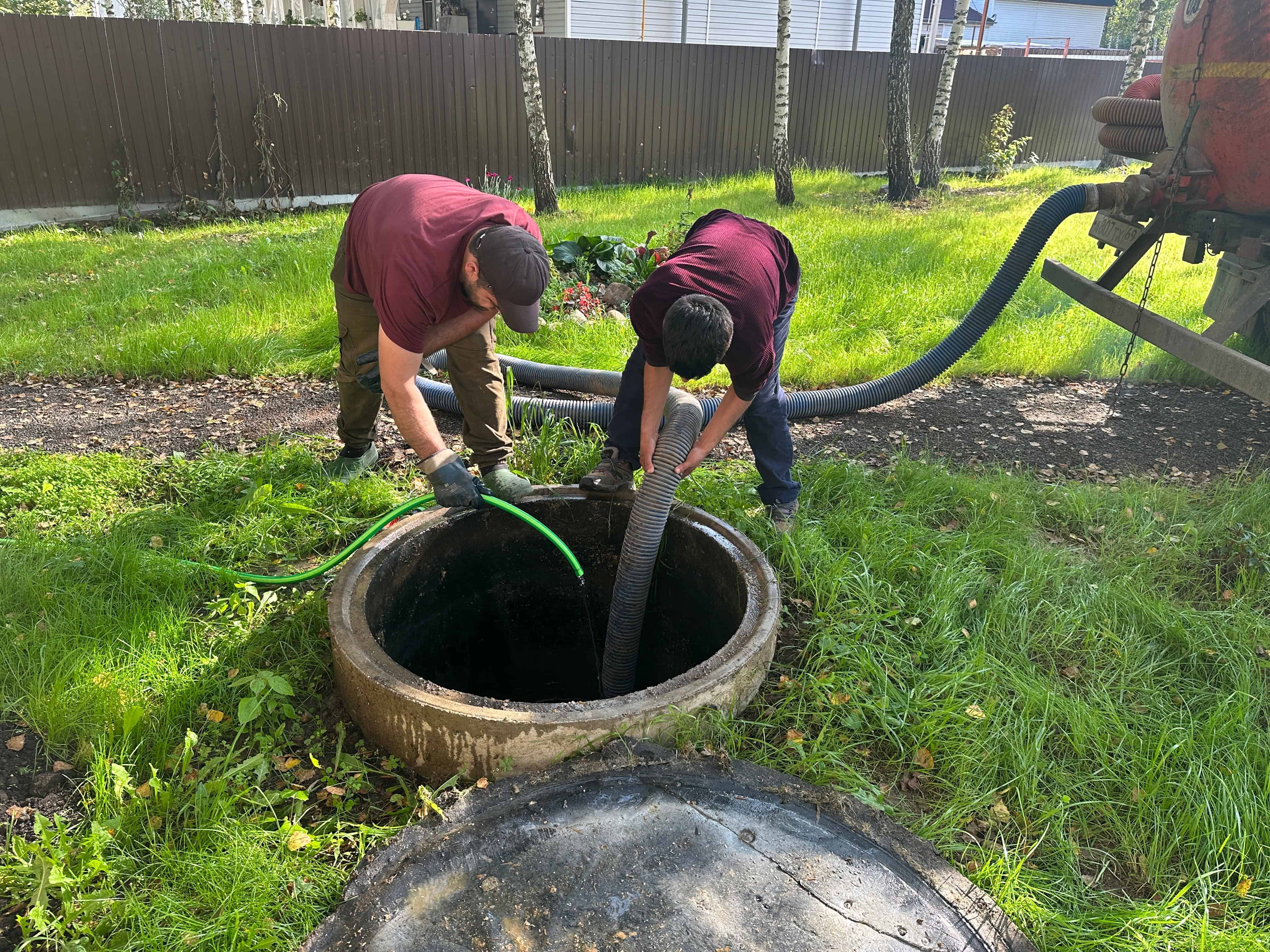
When your septic tank gets pumped on schedule, you avoid the nightmare scenarios that keep property owners up at night. No more worrying about sewage backing up into your basement during your next dinner party. No more explaining to guests why your yard smells like a swamp.
You get peace of mind knowing your system can handle whatever you throw at it. Your property value stays protected because buyers won’t run screaming when they see a failing septic system on the inspection report.
Most importantly, you avoid those emergency calls that always seem to happen at the worst possible time. Regular septic pumping means your system works when you need it to work, without drama or expensive surprises.
We’ve been handling septic tank pumping and maintenance for Long Island property owners who need their systems to work reliably. We understand how sandy soil conditions and high water tables affect septic performance in this area.
Our technicians know the difference between a system that needs routine pumping and one that’s headed for expensive problems. We’ve seen what happens when septic maintenance gets ignored, and we’ve helped plenty of property owners get back on track.
We’re licensed, insured, and equipped to handle residential and commercial septic pumping throughout Nissequogue and surrounding Suffolk County communities.
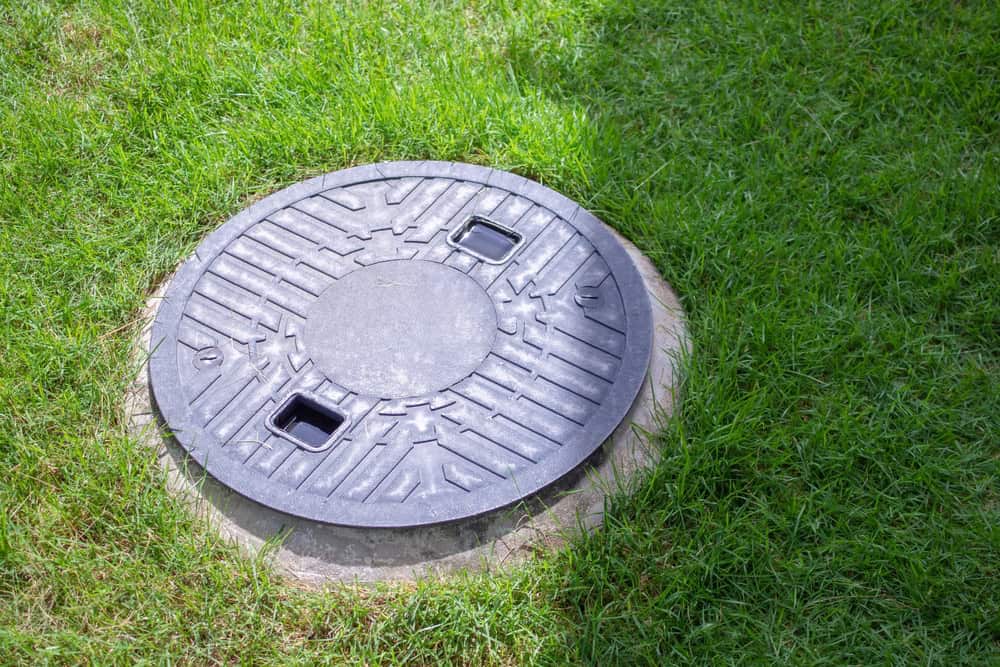
We start by locating and uncovering your septic tank access ports. Our truck-mounted equipment pumps out accumulated solids and liquids from all compartments of your tank. This isn’t a quick suck-and-go job.
While we’re pumping, we inspect the tank structure, baffles, and inlet/outlet pipes for signs of damage or wear. We check liquid levels and sludge buildup to determine if your pumping schedule needs adjustment.
After pumping, we measure the tank to calculate proper capacity and make sure everything’s working as designed. You get a clear explanation of what we found and recommendations for keeping your system healthy. The whole process typically takes 30-45 minutes, and we clean up completely when we’re done.
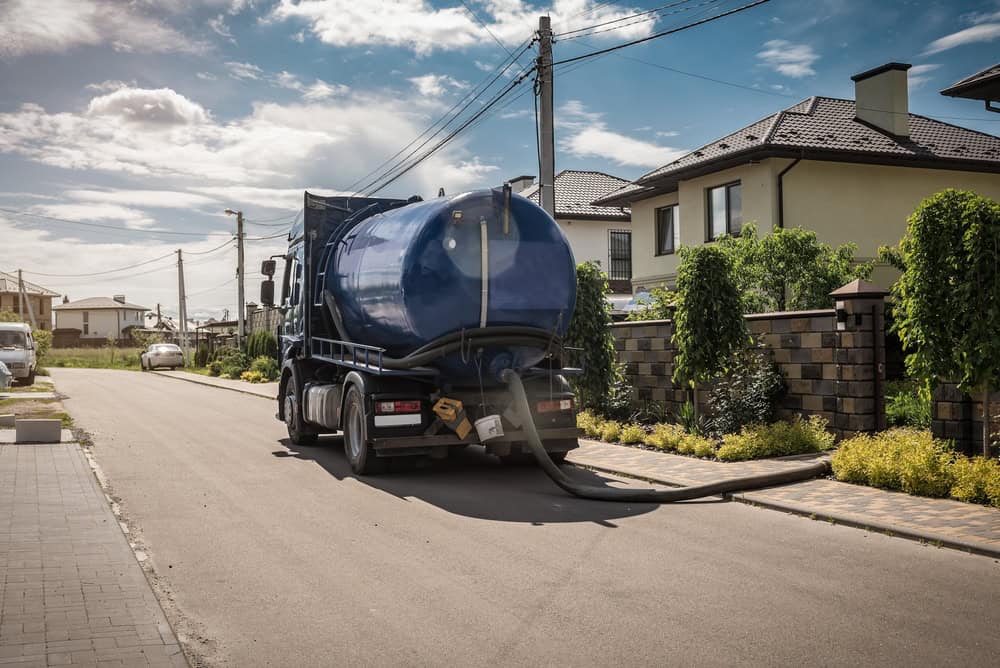
Ready to get started?
Every septic tank pumping includes complete removal of accumulated solids and scum layers that build up over time. We pump all compartments of your tank, not just the easy-to-reach sections that some companies skip.
You get a thorough inspection of tank conditions, including baffles, inlet and outlet pipes, and overall structural integrity. We identify potential problems before they become expensive emergencies that require system replacement.
We also provide guidance on proper septic system care and realistic pumping schedules based on your household size and usage patterns. Many Nissequogue properties need pumping every 2-3 years, but your specific needs depend on factors like tank size and water usage habits.
